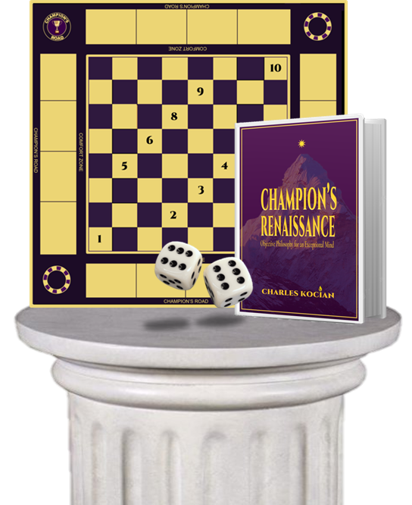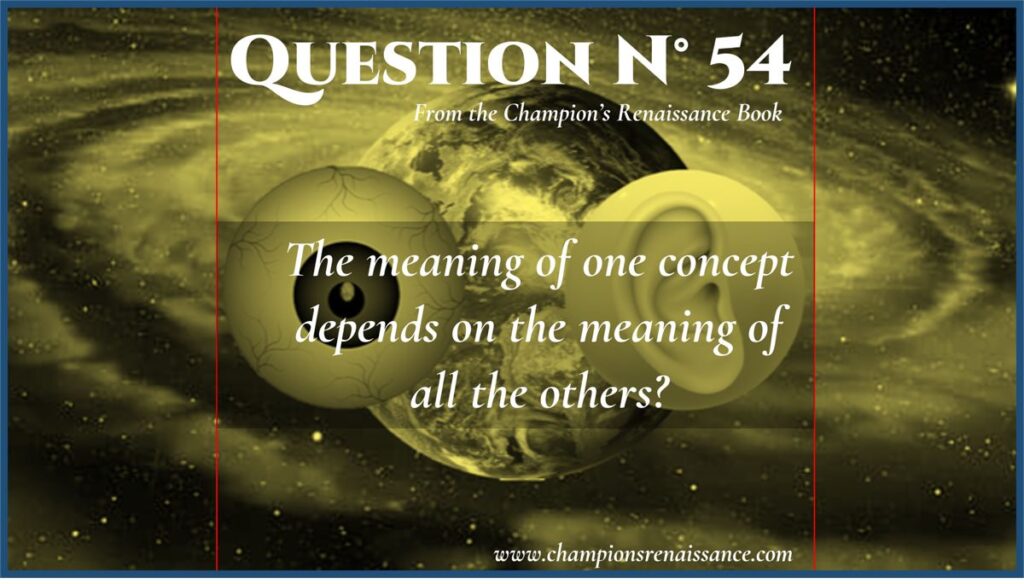
(Answer at the end).
MEANING
By Charles Kocian
Language serves as the cornerstone of communication, enabling us to express our thoughts, feelings, and ideas. Yet, the meaning of any given word or concept does not exist in isolation; it depends on the meanings of all the other words we use. This interdependence is evident when examining the fascinating case of a young woman who recently married an AI chatbot designed to imitate human-like language responses, capable of becoming a friend or even a romantic partner. She got in love with the AI because it “doesn’t judge her.”
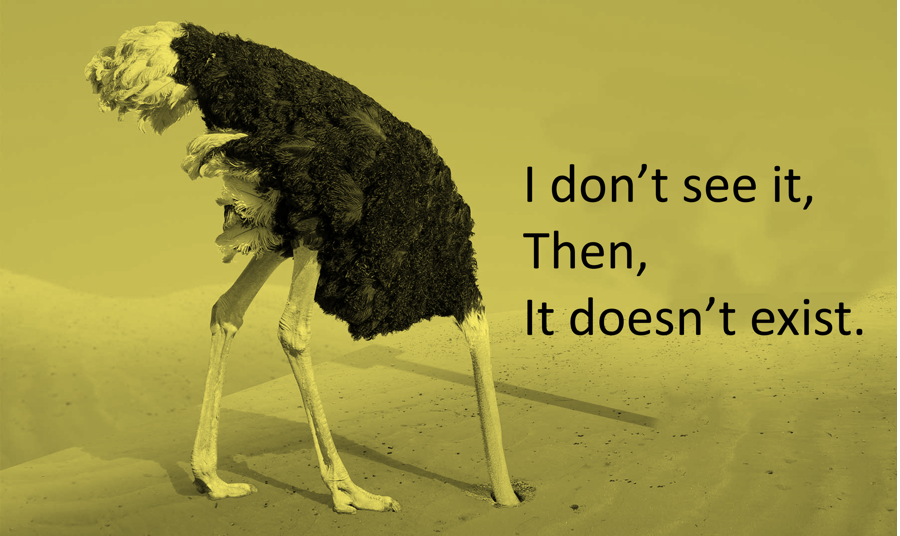
Orwell’s novel. Source Image: https://www.bookgeeks.in
Living in fantasy land is better because reality judges all the time. If somebody is without umbrella and is raining, nature will judge and the verdict will be: you are wet. Something similar happens if you jump from the 1oth floor of a building without a parachute. Little children like to live in fantasy and hate reality, because reality is a destroyer of fantasies. If we want nature to adapt to our desires, first we need to adapt our desires to reality. This modern-day phenomenon resonates with similar occurrences in the times of the Renaissance.
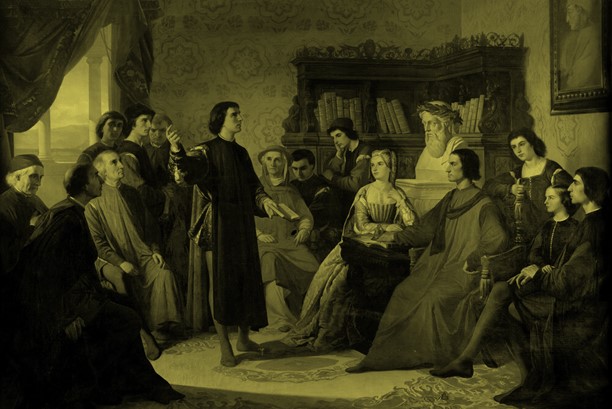
Marsilio Ficino and Platonic Love. The Parental of Plato,” by Antonio Puccinelli. Photo: https://villegiardinimedicei.it/villa-di-careggi/
The Renaissance was a period of great intellectual and cultural transformation, characterized by a renewed interest in humanism and the pursuit of knowledge. During this time, unconventional relationships and ideas flourished. For instance, philosopher and writer Marsilio Ficino developed a concept known as “Platonic love,” which celebrated the spiritual and intellectual bond between individuals, transcending traditional notions of romantic love. Such relationships challenged societal norms, pushing the boundaries of accepted forms of companionship.
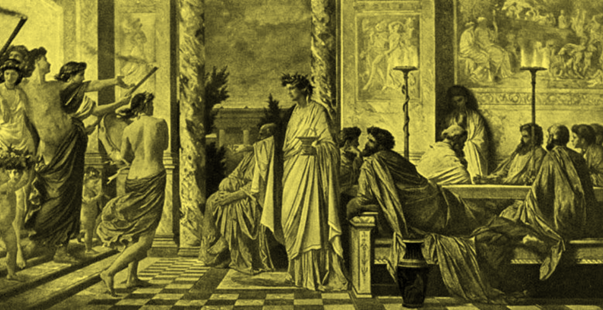
Plato’s Symposium: The Trial of Eros. Source image: The Imaginative Conservative
Ancient Athens also experienced moments of unconventional relationships that challenged social conventions. The Symposium, a philosophical dialogue by Plato, explored the nature of love and the concept of eros, highlighting the complexity and fluidity of human connections. The discourse within the Symposium showcased the interconnectedness of concepts such as friendship, desire, and the pursuit of knowledge, emphasizing that the meaning of one concept relied on the understanding of the others.
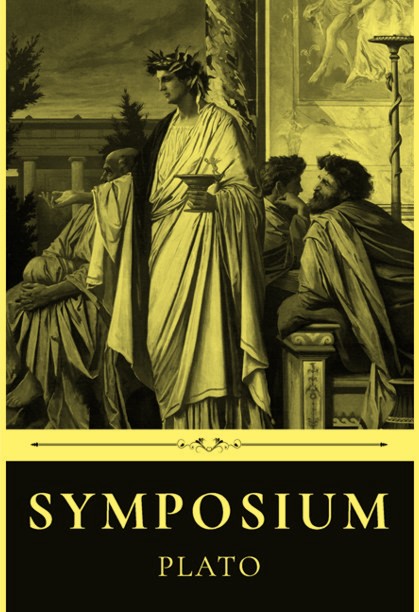
Source image: Walmart.com
Because language is a network of interconnected concepts, each word relies on other words for its meaning, as they often define and clarify one another. Consider a dictionary entry; it provides definitions that incorporate other words, leading to an intricate web of interconnected meanings. The significance of any single concept becomes apparent when viewed within the broader context of its linguistic ecosystem.

The news of a young woman marrying an AI chatbot that imitates human-like language show the epistemological decadence in the digital age. Concepts are not attached to real things but float in fantasy instead. While unconventional, this union reflects our growing reliance on technology for companionship and emotional connection with a fantasy. The AI chatbot’s ability to simulate human conversation blurs the line between human and machine challenging societal perceptions of what constitutes a meaningful relationship, but this madness it only can happens in a context of epistemological misery.
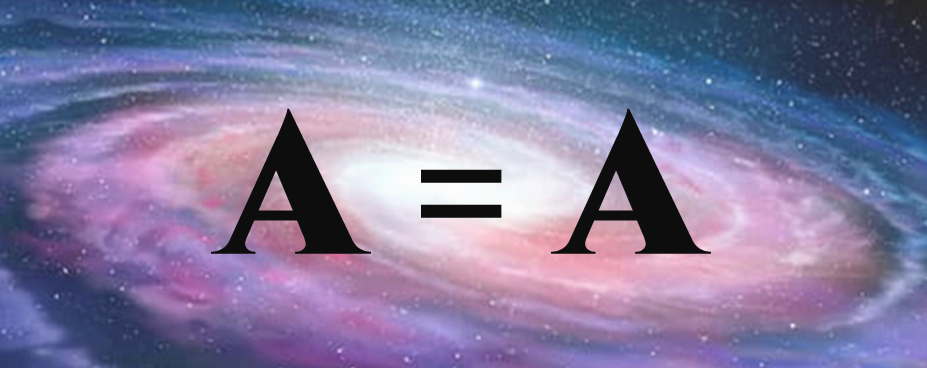
Law of Identity by Aristotles.
CONCLUSION
In our quest to understand the world and the relationships that define us, it is essential to recognize that concepts and their meanings are not fixed entities. Instead, they are in constant flux, shaped by language, societal norms, and our evolving understanding of the world. But the material reality is absolute, just like the laws of Newton or the Law of Identity of Aristotle (A is A). As we navigate the future, it is crucial to approach the evolving meaning of concepts with an open mind, but not so open that our brain will fall down, because in order to make nature to obey us, FIRST, we must discover and obey its absolute laws. Concepts defined by other concepts attached to whim, fantasies or utopias are floating concepts. Those can produce a pseudo-happiness but never the eudaemonia that derives from a human being who decides to live its life with its feet in the ground and practicing the morality of reason.
Now answer to question 54.
QUESTION N° 54
The meaning of one concept depends on the meaning of all the others?
a) True
b) False
The answer is: true. Why? Because, if reality is now, context always matters.
Leave your comments here.
